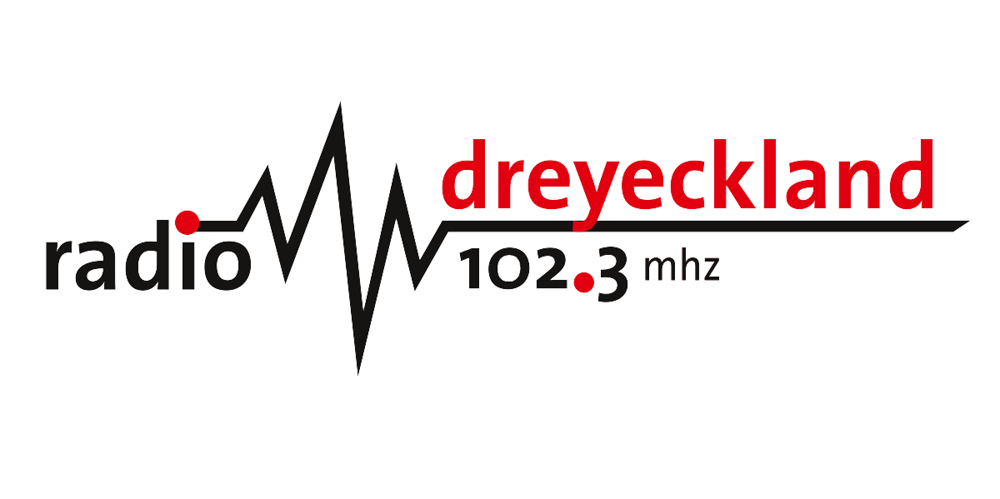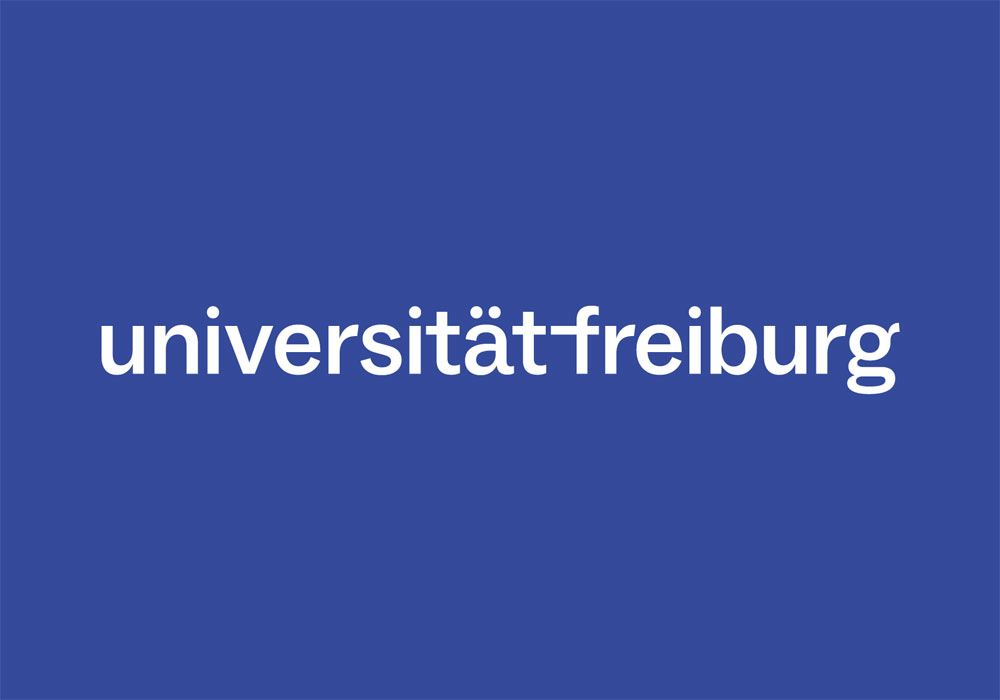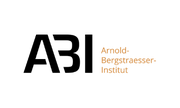Press
 |
"Das ist für mich purer Neokolonialismus" (31 October 2022) Interview von Radio Dreyeckland mit Albert Gouaffo über Kolonialkriege, die Hierarchisierung des Verbrechens, die sog. Alexander Ecker Sammlung und alten Wein in neuen Schläuchen. Er ruft dazu auf, die Geschichte reziprok aufzuarbeiten, eigene Denkweisen neu zu überdenken und auch die eigene Voreingenommenheit anzuerkennen. |
 |
Eine neue Ethik: "Wir und Ihr im gleichen Raum" (21 October 2022) Interview von Radio Dreyeckland mit Albert Gouaffo über ein Museum der Zukunft, kritisches Weißsein, materielle und immaterielle Werte sowie koloniale Spuren in Kamerun. |
|
"The information about collections from colonial contexts of 25 German institutions will soon be searchable through one central website under an agreement reached by representatives of the German Federal Government, Länder governments and municipal umbrella organisations together with the institutions in question, the consortium partners of the German Contact Point for Collections from Colonial Contexts and the Deutsche Digitale Bibliothek ('German Digital Library', DDB)." |
|
 |
"New Provenance Research Project" (15 December 2020) "Starting around the mid-19th Century and continuing for decades, European armed forces, researchers, and people engaged in commerce brought home cultural items, objects of everyday use, and human remains from what were or became colonial ’possessions’. An anatomist and anthropologist active in Freiburg from 1850 onwards, Alexander Ecker, established a collection through trading, purchases, and donations that was expanded by his successors, including the medical doctor Eugen Fischer. Since 2001, the Anatomical-Anthropological Collection set up by Ecker has been in the care of the University Archives of the University of Freiburg. It contains human skulls, which were – viewed from today's perspectives – obtained in ethically and scientifically unacceptable ways. Researchers are to begin working on a new project being supported by the German Center Lost Art. They are aiming to establish the provenance – the history of an item's origins and how it was obtained – of the skulls and prepare for possible repatriations. The team of researchers will start to take an in depth look at the appropriate handling of such collections on 1 January 2021." |
 |
"Like a wound that never heals" (15 January 2020) "Around 90 per cent of all African cultural assets are located outside the continent - what can a university do to advance the issue of restitution? Mathias Heybrock spoke to Dr Annika Hampel, Managing Director of the Africa Centre, about the social responsibility of European politics and academia." |
 |
"Repatriation of Skulls from Namibia" (4 March 2014) "University of Freiburg hands over human remains in ceremony The University of Freiburg completed its investigation of skulls from its historical collection in 2011. The extensive research project identified 14 skulls as being from the territory of present-day Namibia and prepared them for repatriation in close coordination with the Namibian Embassy." |


